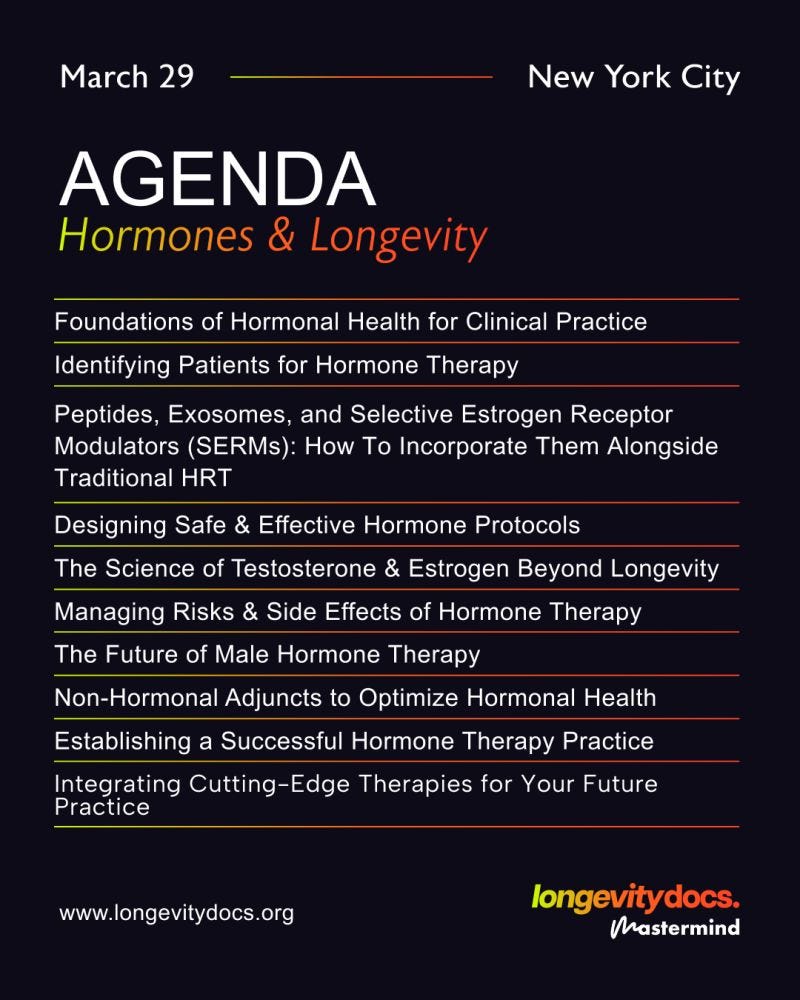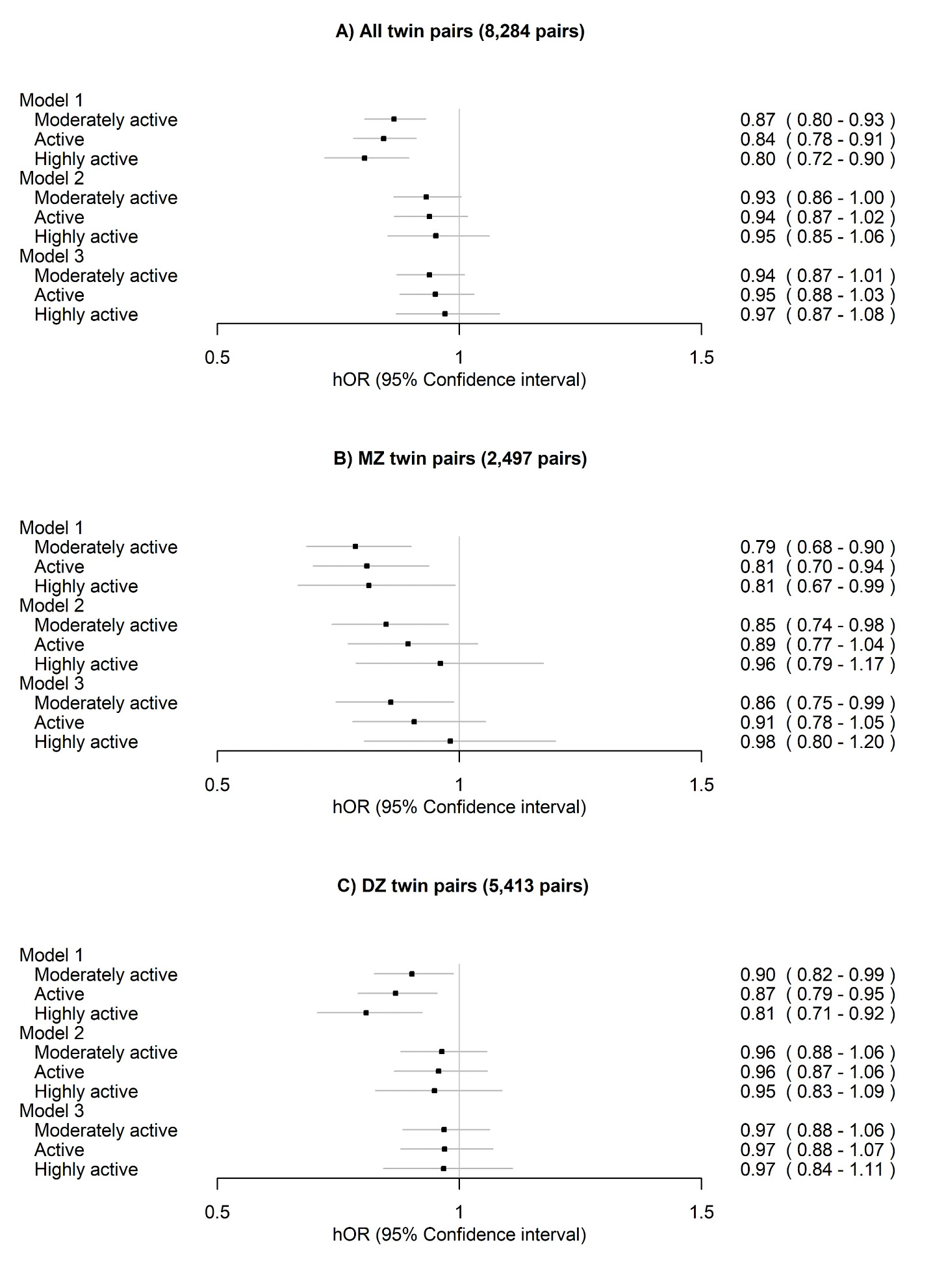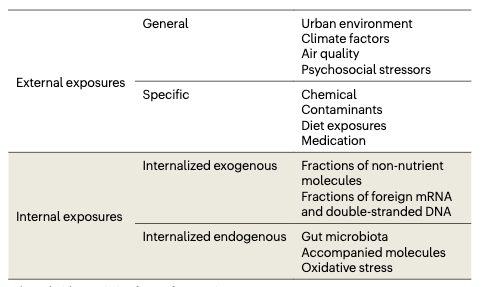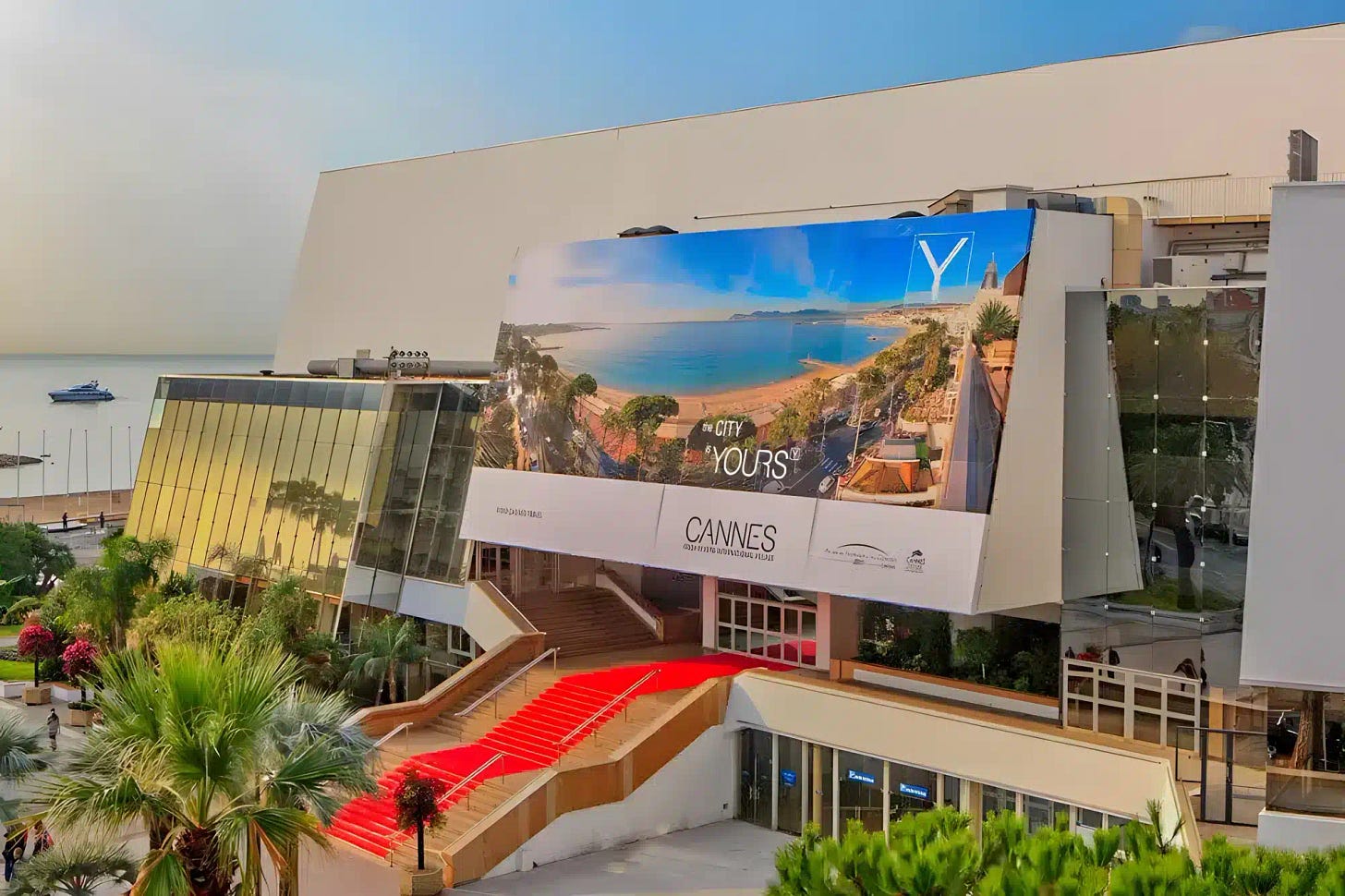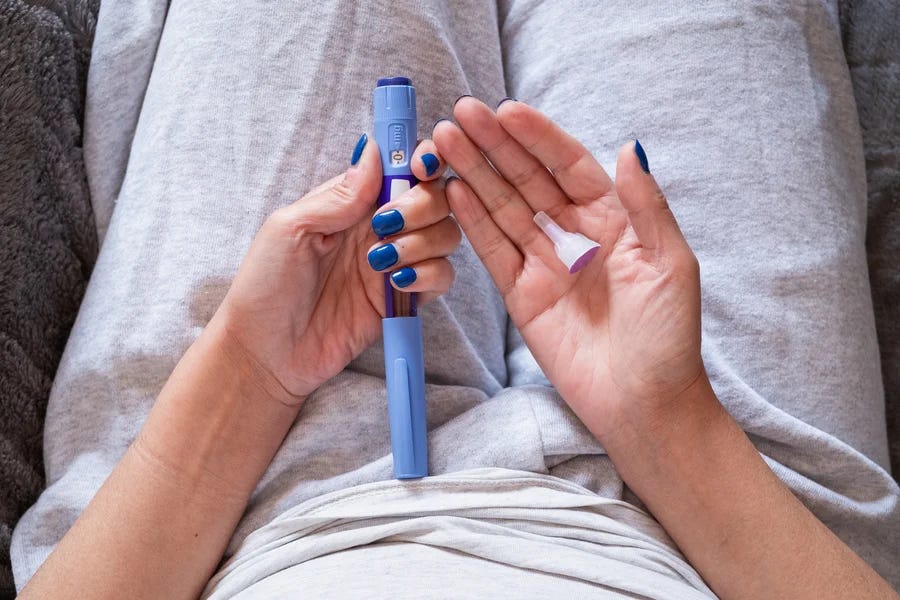Is Longevity Medicine Too Expensive? · Hormone Therapy-Induced Histamine Intolerance · Longevity Medicine Global Report
Your sneak peek into the world of Longevity Docs.
Hey Docs,
I often hear that longevity medicine needs to become more affordable and accessible, and I couldn't agree more. Our mission at Longevity Docs is to build the infrastructure needed (education, research, and collaborative innovation) to support the widespread adoption of longevity medicine.
We're still learning, exploring, and laying down these critical foundations, but it's exciting to see longevity medicine taking center stage not just in the U.S., but globally (in the UK, Middle East, India, and Singapore). We can't do this alone, which is why we need to build bridges between academia, health systems, biotech, and longevity clinics to make this vision a reality.
To further connect and advance the field, we are launching the 2025 Longevity Medicine Global Report, mapping trends, innovations, and leaders shaping longevity medicine. This report will provide industry intelligence, benchmarks, and insights to drive collaboration and impact at scale. If you’re shaping the future of longevity medicine, get in touch to participate!
A huge thank you to our community of pioneers who are tirelessly working to empower and inspire the next generation of longevity doctors.
I remain a forever optimist (which is very good for longevity, by the way!), firmly believing in the collective power of our community. Together, we will elevate both life expectancy and quality of life. Not just for the wealthy, but for everyone.
In this week’s newsletter:
🔬 New Publication: Cities, communities, and clinics as testbeds for human exposome and aging research
💬 Discussion: How to Treat Hormone Therapy-Induced Histamine Intolerance
🔥 Feature: Why is Longevity Medicine So Expensive?
📩 Interested in contributing to the 2025 Longevity Medicine Global Report? Get in touch!
Happy Sunday!
Longevity Docs Institute
Participate in our 2025 Longevity Medicine Global Report
The longevity medicine landscape is rapidly evolving, yet fragmentation remains a challenge. To truly advance longevity medicine, we need a unified ecosystem—one that connects:
Physicians & Longevity Clinics
Biotech & Life Sciences
Investors & Insurance Innovators
Policy Makers & Regulatory Leaders
Tech & AI-driven Health Solutions
Research & Academic Institutions
We Are Launching a Global Report
To map the trends, innovations, and key players shaping longevity medicine, we are conducting a global research initiative. This report will provide insights, benchmarks, and industry intelligence to drive collaboration and impact at scale.
📩 Interested in contributing or being featured?
Join us in shaping the future of longevity medicine.
Longevity Docs Mastermind
Day-13: Agenda Hormones Mastermind
In just two weeks, we’ll be in New York City for the inaugural Longevity Docs Hormones Mastermind, and I couldn’t be more excited.
This isn’t a typical conference. No overcrowded ballrooms. No passive lectures. This is a curated, high-level, physician-only experience designed to push the boundaries of hormone optimization and longevity medicine.
We’re piloting a new approach to longevity education: community-driven, clinical-first, and designed for immediate impact in practice. A small group of forward-thinking physicians will gather for a full day of deep learning, real case discussions, and cutting-edge protocols.
And because education should be accessible and scalable, the full curriculum will also be available digitally. So more doctors worldwide can stay ahead.
This is just the beginning. If you’re serious about longevity care, I’ll see you there.
How to Treat Hormone Therapy-Induced Histamine Intolerance?
Longevity Docs explored effective strategies to manage histamine intolerance triggered by hormone replacement therapy. Physicians highlighted estrogen dominance as a major driver, recommending optimization of estrogen detox pathways.
Key Insights:
Estrogen dominance frequently drives hormone therapy-induced histamine intolerance.
Calcium d-glucarate is recommended to support detoxification pathways effectively (phase 1-3 detox).
Oral micronized progesterone was widely preferred over transdermal progesterone creams due to better systemic absorption, neuroprotective metabolites, improved sleep, and stronger protective effects on bones and heart health.
Transdermal progesterone creams, despite debates over absorption efficacy and endometrial protection, were noted to have demonstrated success in certain protocols (e.g., Wiley, Dr. Rosensweet).
Physicians acknowledged progesterone intolerance in some patients, suggesting higher-dose vaginal administration or sublingual troches as effective alternatives.
Clinical Takeaways:
Prioritize addressing estrogen dominance to manage HIT effectively.
Oral micronized progesterone offers systemic and neurological benefits but may trigger intolerance in a subset of patients.
Consider transdermal, vaginal pessaries, or sublingual alternatives for progesterone-intolerant individuals to mitigate adverse reactions.
The Chat
Does she have more estrogen compared to progesterone? Estrogen is likely driving this. And have you optimized her detox pathways? Support phase 1 and 2 and you can also try calcium d-glucorate……supper phase 3!!
thats what I was reading! calcium d glucarate ok great thanks
yes i think its estrogen driven
For HIT/HRT Are you treating with compounded progesterone creams? Or Dao supplements? Do you have a protocol?
I use oral P before bedtime. Don’t use progesterone creams
Out of efficacy reasons for oral vs cream? Get so many conflicting reasons why not to use it
do you use pessaries at all? i have so many oral prog intolerant women and rectal or vaginal pessaries - we have cyclogest in UK - dont seem to cause the same mood effects
exactly-transdermal prog creams are not well absorbed so I use micronized prog at bedtime
I agree they are not as well absorbed but could they still be an option for some? Until someone figures out how to make them more efficacious like estrogen creams?
One big concern is that they don’t help with endometrial protection enough while on estrogen (unless theoretically maybe you a lot?)
Transdermal progesterone is used in many protocols successfully such as Wiley or Dr Rosensweets menopause method. There is an endometrial biopsy study that shows that transdermal progesterone has protective effects on the endometrium. It’s just not acknowledged by NAMS or other menopause societies. Doesn’t mean it doesn’t work. When applied transdermal its uptake is primarily lymphatic and it doesn’t show in the serum. When used cyclically you can see that women menstruate hence your proof that it does work
Love to see that study if you can post. I also prefer oral micronized progesterone has the added benefit of effects on the brain, for sleep and more. I've used P creams when E treatment causes breast tenderness and that helps and/or intracaginal suppository for uterine bleeding (a polyp), also to best organize the endometrial lining.
https://pubmed.ncbi.nlm.nih.gov/16320858/. She used much lower concentrations than I use. And my mentor has been doing transdermal P4 for over 12 years without elevated risk of endometrial cancer.
I typically use oral micronized progesterone because of the metabolites>> convert into many neuroprotective steroids in the brain as well as induce sleep and have other protective benefits on the bone, the heart, etc. creams are not as efficacious typically and don’t have the beneficial metabolites
If someone is actually intolerant of the oral form which is not very common I use sublingual troches which do not cause sedation and are pretty effective as well
Personally super intolerant to progesterone orally ( I understand that there are a subset of people who are more likely to be). Micronised progesterone ( the oral ones) used vaginally is a good option. Sometimes need a slightly higher dose perhaps 300mg. It’s quite a big blow to be progesterone intolerant….
Private Club
Member Spotlight
Meet the Longevity Doctors Club members: physicians entrepreneurs building the future of longevity medicine one practice (or more) at the time.
Asare Christian, MD, MPH
Meet Dr. Asare B. Christian, M.D., M.P.H., a distinguished physician leading the forefront of integrative longevity medicine. Board-certified by the American Board of Physical Medicine and Rehabilitation, Dr. Christian combines cutting-edge therapies with a deeply empathetic, patient-centered approach.
As the founder of a precision health practice, Dr. Christian emphasizes the inherent intelligence of the cell, tailoring treatments to each patient’s unique biology. His comprehensive methodology addresses gut health, hormone optimization, nutrition, sleep, stress management, and exercise, employing advanced diagnostics to empower individuals to reclaim their vitality.
His expertise spans integrative pain management, regenerative therapies, and cellular medicine, offering advanced treatments such as Peptide Therapy, PRP (Platelet-Rich Plasma), Prolozone, and Ozone Therapy. Known for pioneering Pain Reprocessing Therapy, Dr. Christian successfully tackles chronic pain, migraines, inflammation, and musculoskeletal disorders through precision ultrasound-guided interventions and Neurotoxin Medicine—including Botox, Xeomin, and Dysport.
Dr. Christian's multidisciplinary training is extensive. His educational journey includes advanced degrees and specialized certifications from the American Academy of Anti-Aging Medicine (A4M), Seed Scientific Research and Performance Institute (SSRP), and the Institute for Functional Medicine. His continuous pursuit of knowledge includes specialized training in Artificial Intelligence in Healthcare from MIT and ongoing advanced certifications in Anti-Aging, Metabolic, and Functional Medicine.
Dedicated to education and innovation, Dr. Christian is an active member of esteemed organizations such as the International Peptide Society, the American Academy of Anti-Aging Medicine, and the America Academy of Ozonotherapy. His contributions significantly shape the future of longevity medicine, providing both fellow physicians and patients with insights into sustainable healthspan optimization.
Connect with Dr. Asare Christian
Join the Longevity Docs Club
If you’re a physician starting or scaling your longevity practice highly vetted Longevity Docs Club is for you.
Join a community of like-minded physicians and gain access to resources on marketing, finance, strategy, and technology to support your independent practice
Applications now open for MD, DO, or MBBS - Limited memberships
Global Network
Welcoming New Longevity Docs
Longevity Docs unites board-certified physicians from diverse specialties - including cardiology, endocrinology, surgery, psychiatry, public health, regenerative, and functional medicine - across private practice, academia, and health systems worldwide.



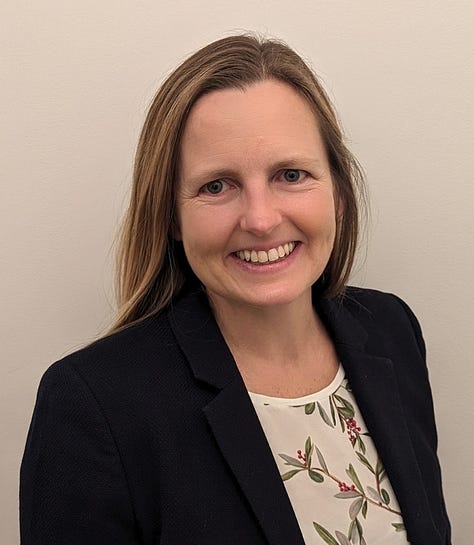

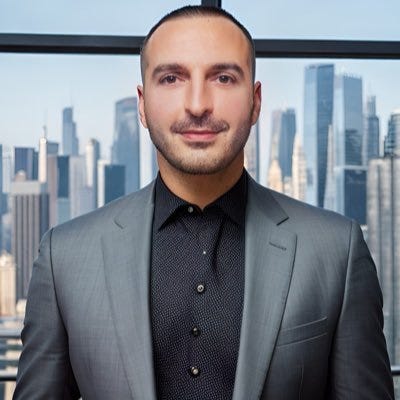



Tiffany Moon, MD: Dallas, TX, USA
Simi Marwah, MBBS: London, UK
Nathan Curran, MBBS: London, UK
Alice Ashby, MBBS: London, UK
Marcelle Diamendis, MD: Thermi, Greece
Fady Hannah-Shmouni, MD: Dubai, UAE
Banshari Mridha, MD: Staten Island, NY, USA
Isabelle Martineau, MD: London, UK
Felix Karsten, MD: Bad Dürrnberg, Austria
You are a physician(MD, DO, MBBS) interested in longevity medicine. Connect with us!
What’s Hot
Is Longevity Medicine Too Expensive? How Tech Could Democratize the Cost of Living Longer
Longevity medicine promises extraordinary outcomes—longer lives, healthier aging, and peak human performance. But let's face it: the entry price can feel out of reach. Following a recent article, we asked our Longevity Docs community: "What do you believe is the ideal out-of-pocket annual membership fee per patient for concierge longevity care (excluding testing and treatment)?" Answers ranged widely from $5,000 to $150,000, with a majority of respondents suggesting a sweet spot between $10K–$20K annually or $50,000 per year.
Notable perspectives included:
$10K baseline, with total costs easily rising to $30K or more annually, factoring in specialized procedures and extensive testing.
I charge $50K annually for comprehensive UVIP longevity coaching, providing intense personalized lifestyle interventions and contextualized sessions.
I struggle with pricing because cost is often a barrier for communities of color; a tiered system could balance intense access with affordability.
Patients typically spend $2,000–$10,000 quarterly on testing alone, suggesting a clear market for scalable options.
5 reasons why longevity medicine is still so costly
Precision diagnostics drive up the cost: biomarker tests, genetic sequencing, advanced imaging (MRI, DEXA, CT)
Cutting-edge treatments like GP1 agonist, stem cells, HBOT, and plasmapheresis involve sophisticated technologies and procedures
Limited pool of physicians trained in cutting-edge longevity techniques, creating high demand and premium pricing.
Cash-based model: typically operates outside traditional insurance, leading to out-of-pocket costs that keep services exclusive to those who can afford them.
High-end experience: longevity clinics often offer elevated concierge care and attention to serve their patients.
5 reasons how tech democratize longevity medicine?
AI-powered diagnostics can rapidly interpret biomarkers, imaging results, reducing the cost and time typically associated with physicians analysis.
AI drug discovery will accelerate the development of effective longevity therapies and drive the cost down.
Decentralized education will deliver affordable, scalable training for doctors worldwide, reducing educational barriers.
Virtual longevity care will facilitate remote, preventive longevity care, eliminating high overhead costs of traditional brick-and-mortar clinics.
Improved research and insurance coverage: robust, compelling evidence supporting broader insurance coverage for longevity therapies, dramatically reducing patients’ out-of-pocket expenses.
My Prediction: Longevity Will Be Everywhere
Like any innovation (the internet, mobile phones, and air travel) longevity medicine requires investment, time, and extensive trials to transition from early adopters to mainstream acceptance. Crossing the "chasm" from innovators and visionaries to pragmatics, conservatives, and skeptics is essential to achieve broad impact on life expectancy and quality of life for humanity.
In the coming years, longevity care will seamlessly integrate into everyday life: available on your smartphone, in community clinics, gyms, hotels, workplaces, and hospital worldwide.
As pioneering longevity physicians, it's our collective responsibility to invest, educate, publish, and share knowledge, helping this transformational movement become universally accessible and widely adopted.
The associations of long-term physical activity in adulthood with later biological ageing and all-cause mortality – a prospective twin study
This study investigated the potential of biological ageing to mediate the association between long-term leisure-time physical activity (LTPA) and mortality and whether the methods used to account for reverse causality affect the interpretation of this association.
Ageing Epidemiology - Recommended by Dr. David Luu
Determining the status of small dense low-density lipoprotein cholesterol level in women undergoing menopausal transition
An elevated sdLDL-C level was significantly associated with postmenopause and independent of chronological aging. The study supports that sdLDL-C is a promising risk biomarker for menopausal transition
Frontiers - Recommended by Dr. Felice Gersh
Cities, communities and clinics can be testbeds for human exposome and aging research
Understanding the human exposome is now possible with clinics, communities and cities acting as real-world testbeds to understand what drives human healthspan, resilience and flourishing.
Nature Medicine - Recommended by Dr. David Luu
Longevity Docs Hormones Mastermind
📅 Date: March 29, 2025
📍 Location: Convene 101 Park Ave, New York (In-person & Digital Access Available)
One-day, 10-course curriculum
featuring dozen world-renowned experts, offering an unique opportunity to elevate your expertise in hormonal health and longevity medicine.
Learn directly from an unparalleled lineup of physicians, including:
Drs. Amy Killen, Jessica Shepherd, Elizabeth Yurth, Angela DeRosa, Salome Masghati, Juan Bautista, Felice Gersh, Melissa Loseke, Marcos de Andrade, Elizabeth Poynor, Kyle Gillett.
Longevity Docs Cannes
📅 Date: June 25-26, 2025
📍 Location: Palace of Festival, Cannes - France
Registrations are now open!!!
Conferences Calendar
NextMed Health: San Diego, March 30 - April 2
A4LI DC Summit: Washington DC - April 28-30
Vitalist Bay - Berkeley, CA, Apr 4 - May 29
The Longevity Med Summit - Lisbon, May 6-8
Life Summit - Berlin, May 27-28
Dublin Longevity Dummit: Dublin, July 2–4
ARDD: Coppenhagen, August 25-29
Inside the West Village longevity clinic that caters to celebrities and royalty — and is launching a $250K annual membership
Dr. Jonathann Kuo runs Extension Health, a Manhattan longevity clinic specializing in pricey age-defying therapies, such as $12,000 plasma exchange sessions and $5,000 sex-enhancing treatments. NYPost
The Doctor, the Biohacker, and the Quest to Treat Their Long COVID
Five years after the COVID-19 pandemic first swept across the planet, as many as 20 million Americans and at least 400 million people worldwide currently suffer from long COVID, a debilitating condition that still has no approved treatment and is often misdiagnosed and misunderstood. In their desperate search for answers, two men are bonded by their quest to feel like themselves again. Men’s Health
Most People Stop Ozempic after Two Years. What Happens to Weight and Health?
Ozempic and similar GLP-1 weight-loss medications are designed to be a lifelong treatment. But a new study finds the majority of people who use these drugs quit after just two years. Scientific American
Caristo Secures FDA Clearance, Ushering in a New Era of AI-Powered Heart Attack Prevention
Caristo Diagnostics, an Oxford-based medtech company founded by cardiologists, has gained FDA clearance for its CaRi-Plaque technology that uses AI to help detect signs of coronary artery disease in routine medical images. Cardiovascular Business
Mayo Clinic’s secret weapon against AI hallucinations: Reverse RAG in action
Mayo Clinic has employed what is essentially backwards retrieval-augmented generation RAG, where the model extracts relevant information, then links every data point back to its original source content. Venture Beat
At Longevity Docs, we offer two distinct membership to support doctors in longevity medicine:
Basic Membership
Become part of a global network of 300 longevity-focused physicians across 50 countries, access to our app, educational resources, and opportunities to attend exclusive events.
Private Club Membership
For those seeking a more immersive experience, the Private Club Membership offers all the benefits of Standard Membership, plus exclusive access to private events, monthly forums, deeper collaboration with experts, and early insights into cutting-edge longevity practices.
Eligibility: Open exclusively to medical doctors operating a healthcare practice or leading a business dedicated to longevity.
Every Doctor Should be a Longevity Doctor
As a heart surgeon, I was often the doctor you hoped never to need . If you were in my operating room it means prevention was no longer an option. My father, a physician specializing in Chinese medicine and acupuncture, taught me about preventive care very early on. At 21, in 2001, I launched a foundation focused on operating on children in Africa, India, Cambodia, and Haiti so they could live longer, healthier lives.
In 2020, everything changed. When my wife contracted COVID-19, I realized the future of medicine lies in prevention. This led me to found a digital clinic dedicated to combating preventable age-related diseases, immersing myself in longevity research and new tech.
However connecting with like-minded doctors was the hardest part. I started a WhatsApp group with a dozen doctors passionate about longevity. We shared publications, new tech tools, and discussed case studies. It quickly grew into something bigger, and I realized we lacked a structured platform to learn, exchange insights, and shape the future of evidence-based longevity medicine.
From this need, Longevity Docs was born. Today, we unite 300 physicians across 50 countries with a shared goal: to democratize longevity medicine. Imagine a world where physicians have access to evidence-based practices, collaborate with experts, and conduct research together - in real-time, anywhere in the world.
I firmly believe that a decentralized, collective intelligence of physicians is the key to extending human healthspan. Together, we can create a legacy where medicine helps people live better.
Dr. David Luu
Subscribe to the Longevity Docs Newsletter
Stay connected with the backstage of the Longevity Docs community, a network of over 300 physicians spanning 50 countries, united in our mission to democratize longevity medicine. Explore the latest in evidence-based longevity care, gain exclusive access to physician insights, and join us in shaping the future of this transformative field.
Newsletter Disclaimer:
The content shared in this newsletter, including the "Buzz in the Chat" section, is for educational purposes only. It is derived from peer-to-peer conversations among physicians within the Longevity Docs community and is intended to inform and engage our network of doctors.
Please note that these discussions do not reflect the official position of Longevity Docs and are not to be interpreted as medical advice or recommendations. The insights and opinions shared are those of individual physicians and are provided as part of our mission to foster collaborative learning and dialogue among healthcare professionals.
We encourage all readers to consult qualified healthcare professionals for personalized medical advice and to evaluate any medical information in the context of their clinical expertise and patient needs.








